Data Innovation Summit turns five next March. Along the way, we have had fantastic speakers unselfishly sharing their knowledge on stage with their peers. Without them, this journey would be impossible.
This interview is part of an interview series dedicated to humanising Data and AI innovation and celebrating speakers who have presented at the Data Innovation Summit. The emphasis lies on the Data/AI people/practitioners, their professional journey and their stories.
The heavy asset industry is one of the frontrunners with data and AI. Industry 4.0 and industrial AI created lots of expectations, some of them became reality, and some of them didn’t. However, we are seeing the industry on a digital transformation path and it cannot be stopped.
Diego Galar, Professor of Condition Monitoring in the Division of Operation and Maintenance Engineering at LTU, Luleå University of Technology, is bringing in the most advanced views from the academic and research field when it comes to Industry 4.0 and industrial AI. In this interview, he gives an overview of what has been going on in the maintenance and heavy asset industry regarding AI and data during the last 5 years.
Hyperight: Hi Diego, it’s great to catch up again! You were one of the speakers at the 1st edition of Data Innovation Summit 2016. Just to refresh our memories, please tell us a bit about yourself and the company you are coming from.
Diego Galar: It is certainly nice to look back and see the progress of the Data Innovation Summit. As you said I had the pleasure and honour to be one of the speakers at that time trying to contribute to the conference from the academic and research arena. Indeed the Lulea University of Technology has been always in the forefront of 4.0 revolution supporting the industry and O&M which is my domain has got most of the benefits of data science and the digital revolution. As Professor of LTU was very satisfying to see the different Swedish actors getting together, joining forces and sharing experience due to the relevance of the topic.
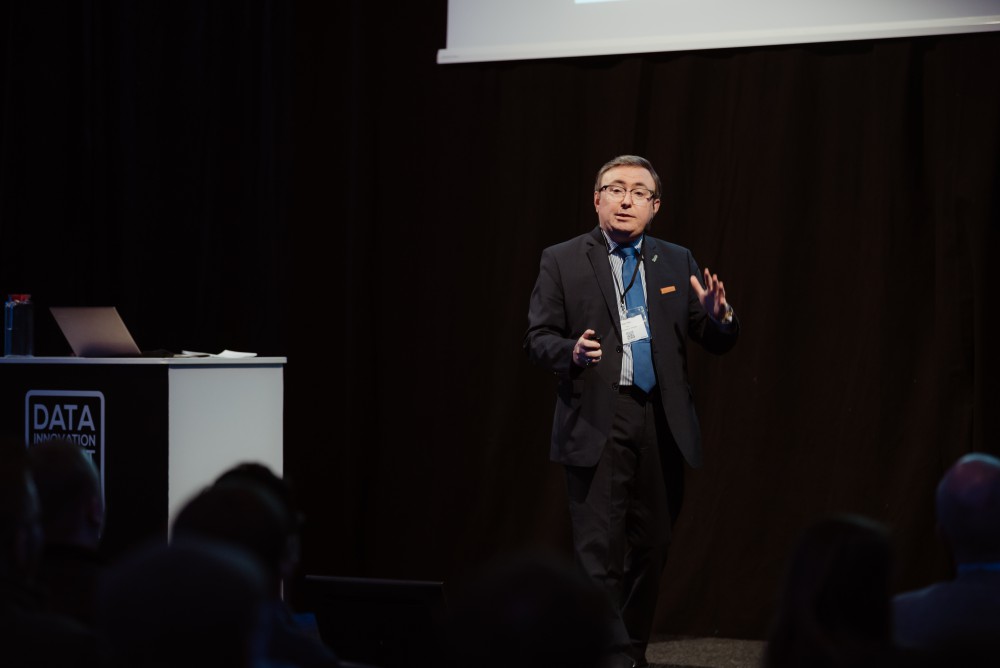

Hyperight: Next year we are celebrating our 5th anniversary. A lot has changed with data and advanced analytics during these 5 years. From your point of view, where do we see the biggest changes and advancements with AI and data we have had?
Diego Galar: Five years ago Industry 4.0 was everywhere in the news and created a lot of expectations in the Western world in order to be more competitive and efficient. Now we are facing the issues and challenges created by those expectations. Many of them became a reality and we have many data-driven industries and business but others are taking too long. We thought that 2020 was the magic figure to have AI everywhere and it is not true, there’s still much to do.
Hyperight: In your Data Innovation 2016 presentation “Data Science In Industry: The Road Ahead”, you stated that Data Science represents a novel interdisciplinary endeavour to address the issues related to the discrepancy between data expansion and our technological means. After 5 years, has data science managed to solve these issues?
Diego Galar: To some extent yes. Most of the Industrial AI deployments comprise a combination of domain knowledge from the engineers with analytics knowledge form the data science. Both are working to co-create the solution for the industry and both know that cannot work alone. In summary, success relies on a balanced combination of engineering and data science.
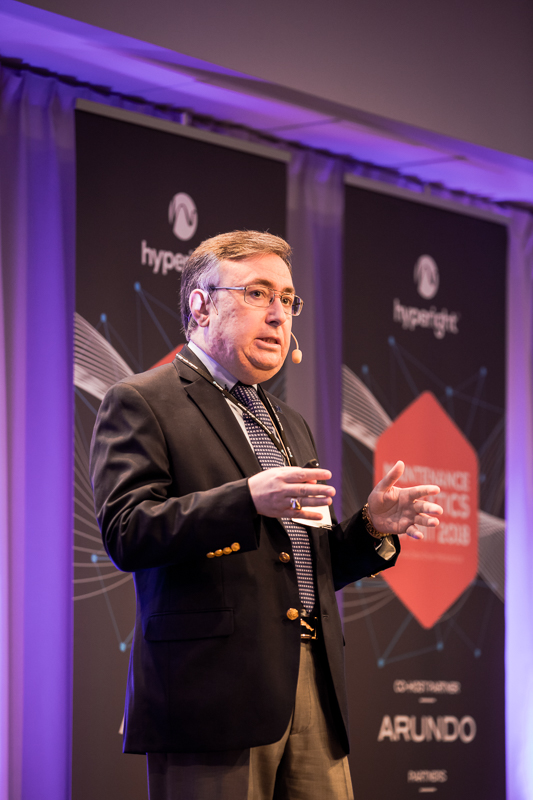

Five years ago Industry 4.0 was everywhere in the news and created a lot of expectations in the Western world in order to be more competitive and efficient. Now we are facing the issues and challenges created by those expectations.
Hyperight: Compared to 2016 when pioneering companies started exploring data science as an innovative approach, are we now seeing the majority of them reaping the fruits from their data science endeavours? Can we truly say that we are entering into the data and AI industrialisation era?
Diego Galar: Yes, and it cannot be stopped. We as humans have yielded to data due to our limitations. We need AI from data acquisition to service delivery as an automated process free of human intervention due to the overwhelming amount of data and complexity of these data which is huge and unstructured. Most of the industries are harvesting good results in terms of performance monitoring and failure forecasting making the processes more effective and efficient. But not only that, many business models and services have popped up within this environment and the industry has been transformed from outside as well. It is not something inside the box, we are shaping the industrial relations with the data lifecycle.
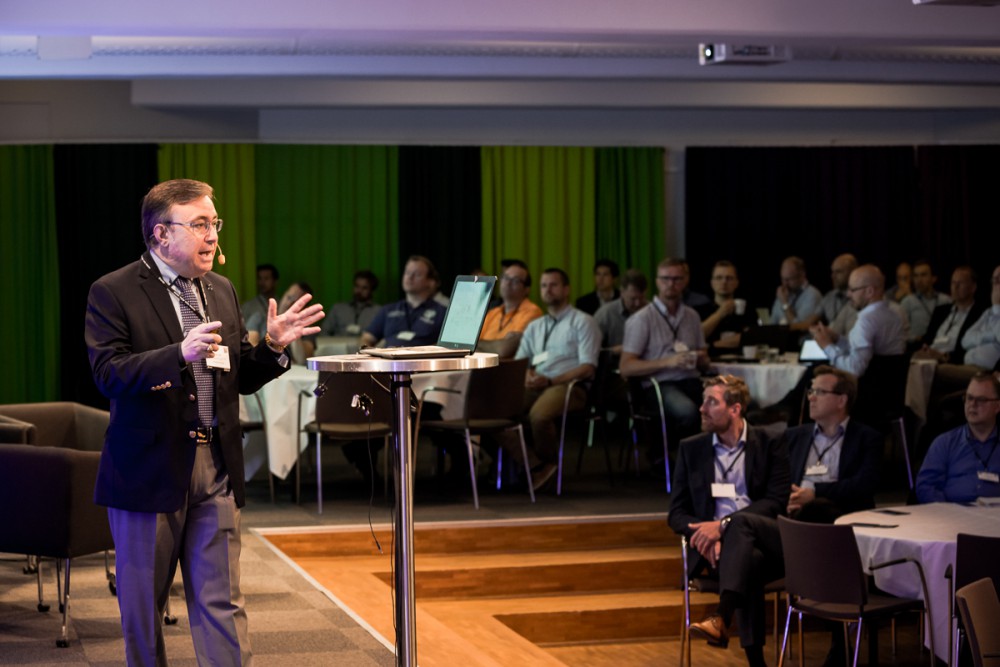

Hyperight: What about the challenges? Are we still dealing with the same challenges, or does more advanced technology come with even greater challenges in data science?
Diego Galar: Industrial AI is now a well-trodden area. However success stories where AI is deployed and goes beyond a demonstrator, proof of concept etc.. are still very few. We need to be confident with AI overtaking some fears like security. Now we are aware of the potential and capabilities, therefore, it is time to implement since it is the only chance for the Western world industry to survive in this globalised and aggressive world.
Hyperight: Talking about the decade to come, what are your future outlooks regarding data and analytics in the industry for 2030?
Diego Galar: Honestly speaking, the expectations we had for 2020 are certainly postponed to 2030. Now we know the technologies, the limitations and the potential they can provide. Next decade we will be immersed in a massive AI market where the value of the data and the new services delivered through digitization will change the industrial landscape. The research and development have been very active to provide technologies and now our role is to support the companies to populate this knowledge mitigating all fears and threats generated by such digital transformation.

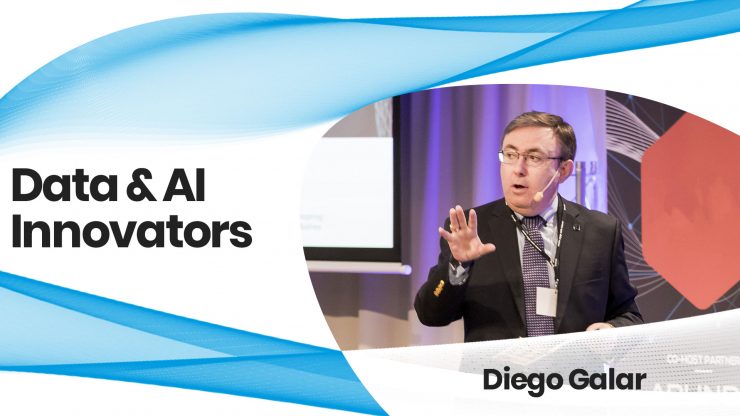
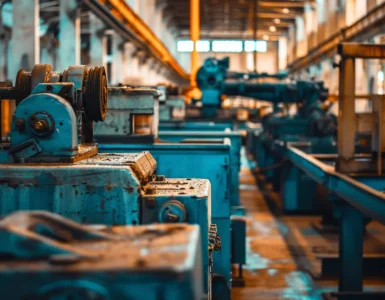
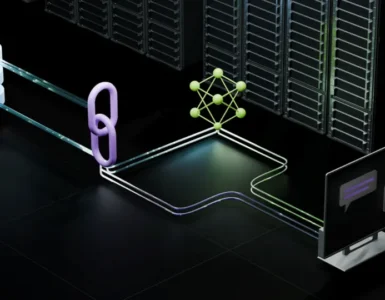










Add comment